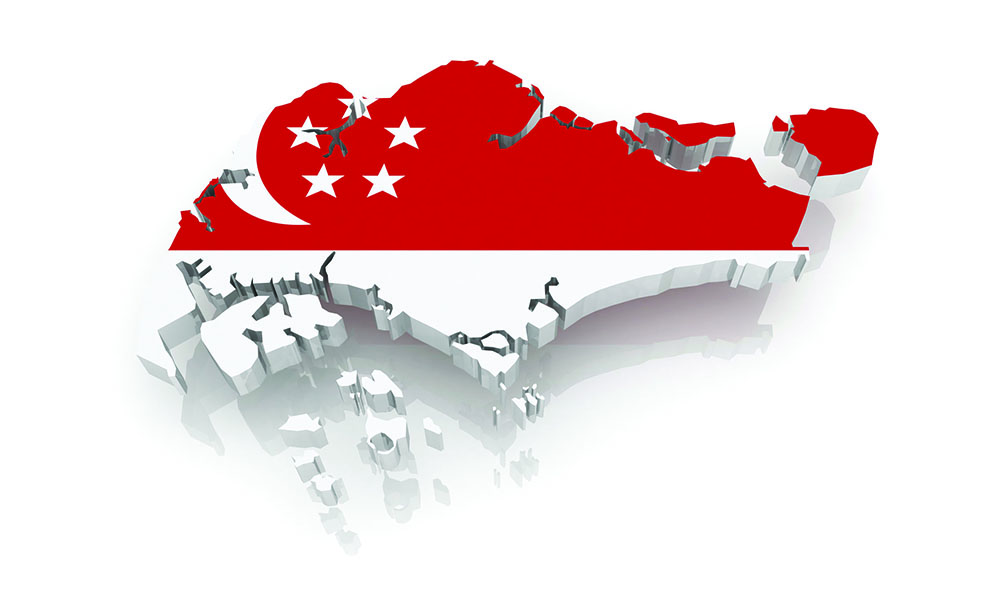By Jade Pearce
Dizi Gui (弟子规) (Standards for Being a Good Student and Child) is an ancient Chinese text for children that teaches moral values and etiquette. It was written during the Qing Dynasty during the reign of Emperor Kangxi (康熙帝) (1661-1722) by Li Yuxiu.
Beneath the conservative, “old-school” verbose of this ancient classic, one can still find gems of wisdom that remain surprisingly relevant to our modern society. A new lesson is covered in each issue.
Seven years ago, Malala Yousafzi, then 15, had gained international recognition for speaking up against the local Taliban’s oppression of female education in her native Swat Valley, Pakistan. As a result, she was shot in the head by a Taliban militant—an assassination attempt that she survived.
Despite her painful recovery and permanent disabilities, to this day Malala does not reciprocate the Taliban’s hate, nor does she seek revenge.
About envisioning a confrontation with the Taliban, she says, “I think of it often and imagine the scene clearly. Even if they come to kill me, I will tell them what they are trying to do is wrong, that education is our basic right.”
It was thus no surprise that Malala was one of two recipients of last year’s Nobel Peace Prize—despite her young age, she demonstrates true nobility of character.
Is not he a gentleman who repays injury with kindness and kindness with kindness?
-Confucius 孔夫子
“Is not he a gentleman who repays injury with kindness and kindness with kindness?” Confucius once said.

The true gentleman knows how to let go of ill will. He knows how to “repay kindness and forget grudges; [to] redeem grudges sparingly and repay kindness generously. (Dizi Gui)”
He “does not do unto others what he does not want done to himself”, even if that same act had been done to him. He places himself in others’ shoes, and practices tolerance and self-restraint.
One such person who practiced kindness and consideration for others is Wang Wengru, a court official during the Han Dynasty (206 BCE-220 CE).
Enforcing the Law with Kindness
While an official of Wei County, Wang Wengru was responsible for arresting bandits. Before Wang’s time, if the bandits were executed, their family members and relatives would suffer the same fate. Even the elderly and children were not spared.
In many counties, thousands of people were killed just because they were associated with lawbreakers.
However, when Wang was in charge of law enforcement, he only had the bandits executed, while innocent family members and relatives were released.
Wang realised that it was wrong to punish the hapless relatives, elderly, and children who had committed no crime. If he himself were to be executed for any wrongdoings, Wang would not have wished for his innocent wife and children to be killed too.
Unfortunately, Wang’s fair judgment eventually cost him his job, and he was stripped of his official status for “failing to uphold the law”.
“It was said that if you can free a thousand people, your descendants would receive blessings and be granted higher positions,” Wang sighed. “Now that I have helped so many people survive, my descendants will prosper.”
Indeed, Wang’s granddaughter became an Empress, and his son and several grandchildren were granted titles of nobility.
The Gracious and Magnanimous Lu Mengzheng (吕蒙正)
Another historical figure who embodied the gentlemanly qualities of tolerance and “letting go” was Lu Mengzheng, a prime minister during the Song Dynasty. Lu was an upright and magnanimous person, who treated everyone with genuine kindness and respect.

During Lu’s first few days in court as prime minister, various officials came up to congratulate him. One official, however, made a snide remark in front of Lu, “How did someone like this guy become a prime minister?”
Lu ignored him and continued greeting the other officials merrily.
Lu’s colleagues were deeply angered by the rude official’s remark, and wanted to find out his name and rank.
But Lu immediately stopped them, saying, “Once I learn his identity, I’ll never forget about him or what he did. It would be better not to know.” This made Lu’s colleagues deeply admire his magnanimity.
Lu always sought to forget grudges and grievances, which made him well-liked by all. He was a kindly and big-hearted senior to his subordinates, and often promoted people of talent.
However, he extended no favours to the Emperor, and made no attempts to ingratiate to his boss.
One time, Emperor Taizong of Song asked Lu to recommend a talented, responsible official as ambassador to the Liao Kingdom.
Lu felt that an official named Chen was the best person for the job, so he submitted Chen’s name to the Emperor. However, the Emperor turned down Lu’s recommendation.
The next day, the Emperor asked Lu if he had found an ambassador. Again, Lu submitted Chen’s name, which the Emperor again rejected.
On the third day, the Emperor asked Lu the same question, and Lv submitted Chen’s name yet again. This time, the Emperor lost his temper. He threw Lu’s report on the ground said angrily, “Why are you being so stubborn?”
Lu calmly picked up his report and said quietly, “Your Majesty, it is not I who am stubborn, but you who are lacking in understanding. Chen is the best and only person who can handle diplomatic ties with the Liao Kingdom. No other official can compare to him.”
The Emperor stormed out of the courtroom in a huff, but eventually returned and said, “Lu Mengzheng’s capacity to forbear and forgive is well beyond mine! Very well then, I’ll follow his recommendation!”
Chen did become ambassador to the Liao Kingdom, and—as Lu predicted—accomplished his duties magnificently.
Like Malala, although Lu was kind and tolerant to those around him, he did not let others intimidate him or sway his judgment. He simply stood his ground with calmness and peace.
Lu also did not harbour grudges against the rude official or the Emperor, nor did he alter his attitude towards them. These qualities distinguish him as a true gentleman.
Story of Wang Wengru adapted from www.clearwisdom.net.
















